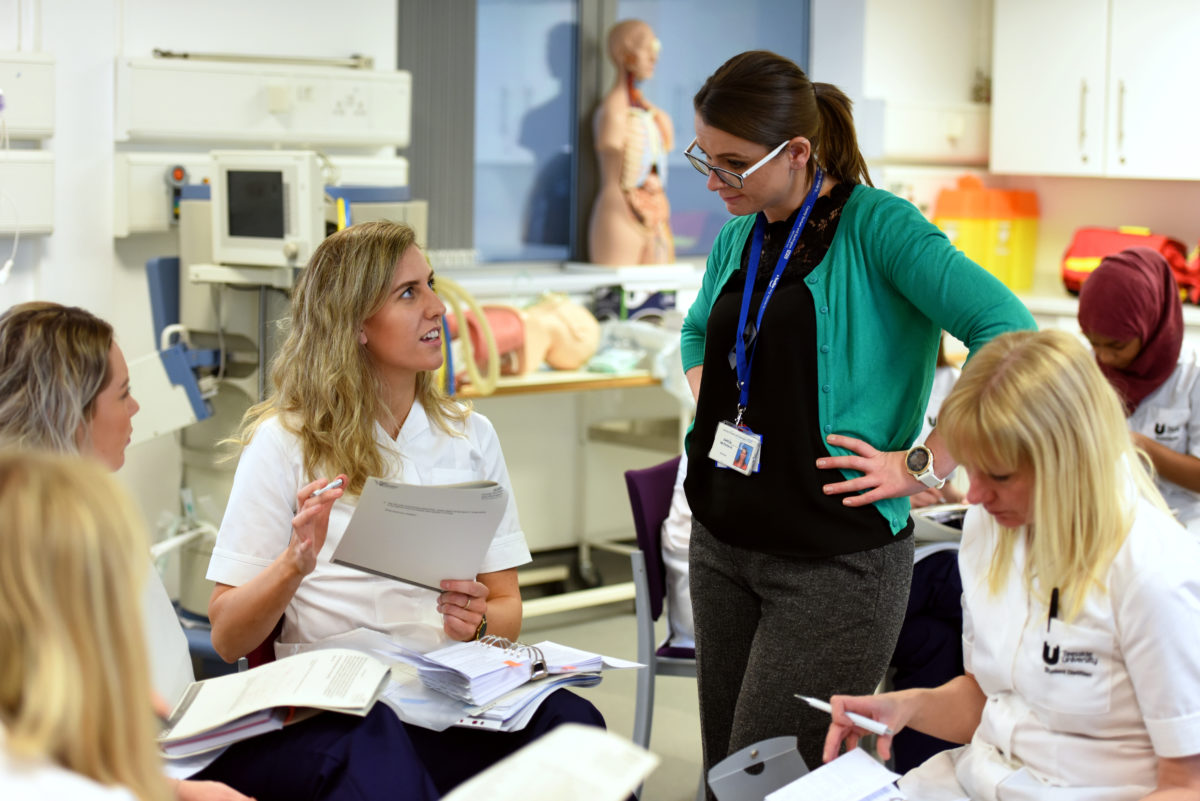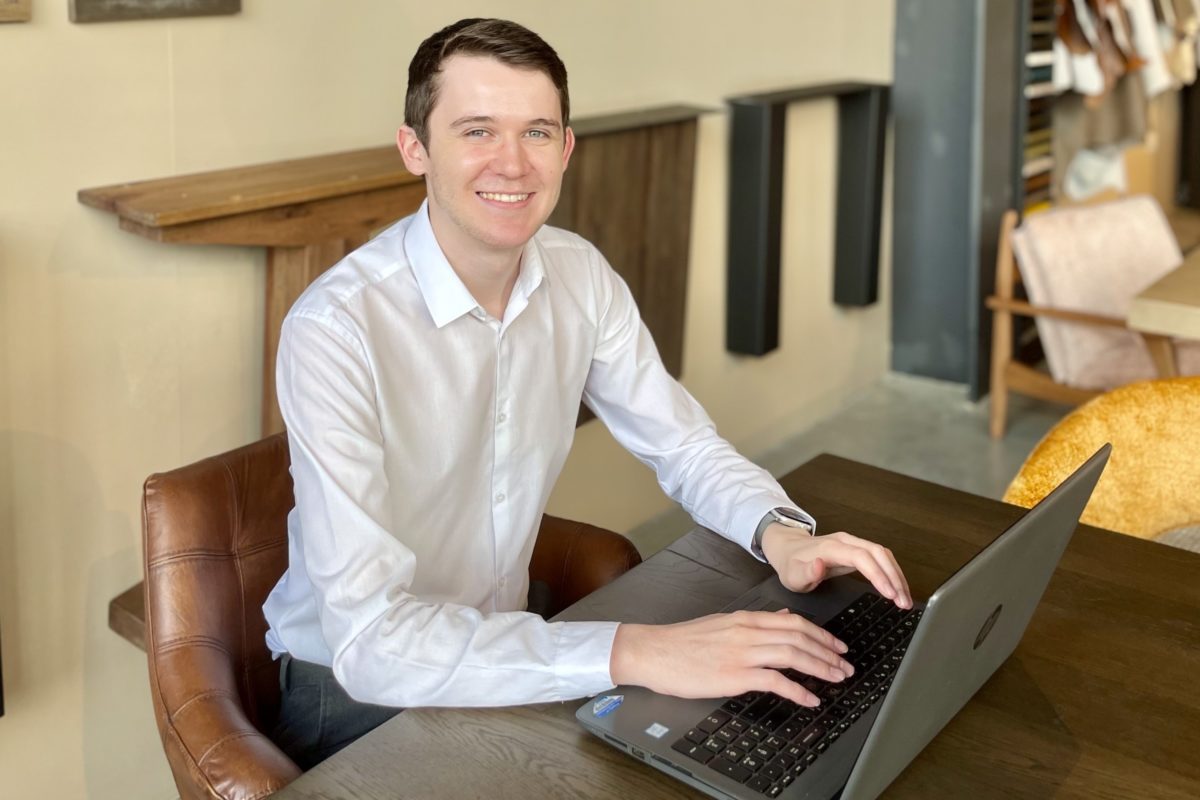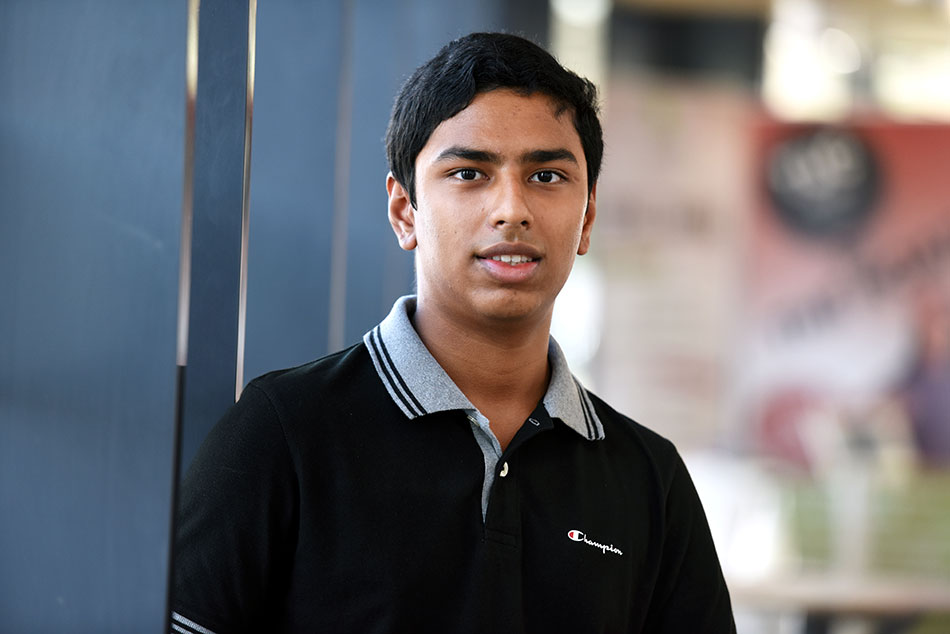Covid-19 has undoubtedly had an impact on every single one of us over the past year, and one relevant consideration not only for the dietetic workforce but for the wider healthcare system is how to continue to train the future workforce whilst adapting current practice in light of the pandemic. As well as everything else, do we need to develop new ways of training students?
Having had an interest in dietetics since finishing my undergraduate degree, I unwittingly decided to embark upon my student training during one of the most challenging years the NHS has faced in recent history (NHS England, 2020). However, it’s not all bad – and having started my 21-month accelerated MSc Dietetics course in January 2020, I am now around half-way through and still on track to graduate on time. I, therefore, wanted to take this opportunity to share a little bit about what it’s been like as a student dietitian during 2020; perhaps to put some people at ease that being a healthcare student in the current pandemic isn’t so bad, or to provide some insight and inspiration for those faced with having to train students in these new and uncertain times.
Online teaching and learning
As per my course structure, I was due to go out on my first 13-week block of placement in May 2020; however, in light of the pandemic, this had to be postponed. This meant that my next block of teaching was brought forward whilst we waited for an opportunity to get out into practice safely.
One thing that helped me keep on track was sticking to working hours as much as possible and planning my time ahead. This was massively facilitated by organised lecturers who ensured that materials were uploaded on time and even provided checklists of the tasks they expected us to complete each session, which I found really helped keep me on track. Separating your workspace from your ‘chill’ space was also really important for me to switch off when the lines between work and home became that bit more blurred.
One definite plus of online learning meant that we benefitted from guest speakers, perhaps even more than previously, as it was much more convenient for speakers to join us from wherever they were based via an online platform. Some speakers, in particular, were great at making the sessions interactive and getting us involved in things like role-play and group presentation tasks, which I felt really aided development and confidence.
Practice placement experience
Luckily, I was able to get out on placement in September 2020, and this placement is just coming to an end with three weeks of simulated learning through University. The British Dietetic Association have recently updated their pre-registration curriculum to reflect the need for the inclusion of both clinical simulation hours (up to 350) and remote or virtual placement hours (up to 175) as part of the total 1000 hours in order to support students and trainers moving forward. I have had an experience of both as these, and neither are as bad as they sound! Although remote placement hours posed challenges such as feeling less able to ask questions of supervising dietitians when not in the same room as them, it definitely helped me learn and adapt to ways of delivering dietetic care remotely. One particularly interesting experience was trying to carry out telephone reviews over speakerphone, via the dietitian’s work phone with whom I was speaking to via Teams! Although it may sound a little daunting, this actually worked quite well (connections permitting) and also meant the dietitian could use the chat function on Teams to prompt me throughout the consultation as required. Simulated placement hours through University also gave me the opportunity to consider other areas of dietetics, such as public health and primary research, that I may not have considered before and perhaps did not receive much emphasis whilst on placement.
Overall, adapting to new ways of learning throughout the pandemic has definitely been a challenge for me and those around me; however, to be in the position of learning new ways of working alongside those with years of experience who are having to completely re-evaluate the way they work almost feels kind of lucky. Definitely don’t let it put you off embarking on a healthcare course, and as an educator, I think that any creative and innovative ways of training students are definitely welcomed, and at the very least worth a try!
Megan.




